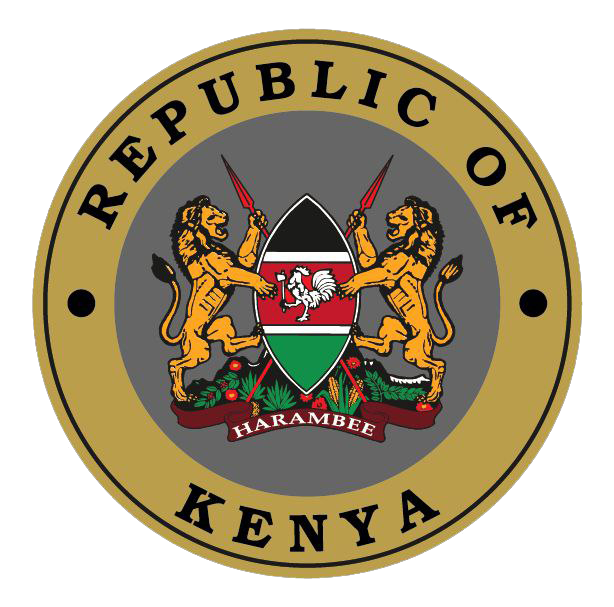In a significant development aimed at advancing healthcare accessibility, President William Ruto has unveiled a collaborative effort between the government and the private sector to realize Universal Health Coverage (UHC). During a recent address, President Ruto underscored the government’s commitment to bolstering the pharmaceutical sector, with a specific focus on enhancing local manufacturing capabilities. This strategic move aligns with the broader goal of strengthening the healthcare infrastructure, particularly in terms of availability and affordability of medical supplies.
The Head of State emphasized that a comprehensive review of the tax regime and the overall cost of conducting business within the healthcare sector is imminent. This signals a proactive approach to identifying and addressing potential barriers that may hinder the growth of the pharmaceutical industry. President Ruto further articulated the government’s dedication to prioritizing the procurement of medical supplies from local manufacturers. By doing so, the administration aims to stimulate the sector’s expansion while concurrently supporting the overarching objective of achieving Universal Health Coverage, William Ruto.
“Local manufacturing is essential to Universal Health Coverage; lowering the cost of drugs and medical supplies will make it sustainable, affordable, and make it work for everybody,” President Ruto affirmed during his announcement. These words underscore the pivotal role that domestically produced pharmaceuticals play in realizing a healthcare system that is not only accessible but also economically viable for all citizens.
The President made these pivotal announcements during his visit to Syokimau, Machakos County, where he inaugurated the MEDS Microbiology Laboratory. This state-of-the-art facility, recognized by the World Health Organization (WHO), is poised to serve as a critical hub for healthcare advancements not only in Kenya but also across the region. Its WHO pre-qualification underscores its adherence to international standards, ensuring the delivery of high-quality healthcare services, William Ruto.
Beyond the focus on local manufacturing and healthcare accessibility, President Ruto addressed the issue of corruption and resource wastage within the healthcare sector. He articulated the government’s commitment to adopting advanced technology to curb malpractices, particularly within the National Social Health Insurance Fund (NSHIF), formerly known as the National Hospital Insurance Fund (NHIF). The President believes that the integration of technology will enhance transparency and accountability, crucial elements in safeguarding healthcare resources and ensuring that every contribution benefits the citizens.

William Ruto
Later in his itinerary, President Ruto conducted an inspection of the ongoing Highrise Affordable Housing project in Kibera. This multi-faceted approach, incorporating healthcare and housing initiatives, underscores the government’s holistic commitment to improving the quality of life for its citizens. Accompanied by Health Cabinet Secretary Susan Nakhumicha and Deputy Mission Director USAID Kenya/East Africa Bert Ubamadu, President Ruto reaffirmed the government’s dedication to addressing the multifaceted needs of the population, emphasizing that these initiatives are integral to the nation’s progress and prosperity, William Ruto.










